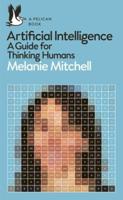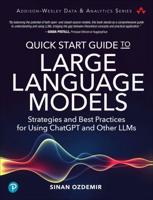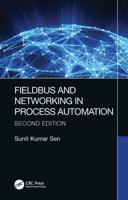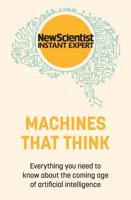Publisher's Synopsis
This book offers a concise introduction to morphogenetic computing, showing that its use makes global and local relations, defects in crystal non-Euclidean geometry databases with source and sink, genetic algorithms, and neural networks more stable and efficient. It also presents applications to database, language, nanotechnology with defects, biological genetic structure, electrical circuit, and big data structure. In Turing machines, input and output states form a system - when the system is in one state, the input is transformed into output. This computation is always deterministic and without any possible contradiction or defects. In natural computation there are defects and contradictions that have to be solved to give a coherent and effective computation. The new computation generates the morphology of the system that assumes different forms in time. Genetic process is the prototype of the morphogenetic computing. At the Boolean logic truth value, we substitute a set of truth(active sets) values with possible contradictions. The value of a proposition is a set of true and false values. The aim of morphogenetic computing is to use and solve the contradictions in order to transform systems to allow classical computation.










